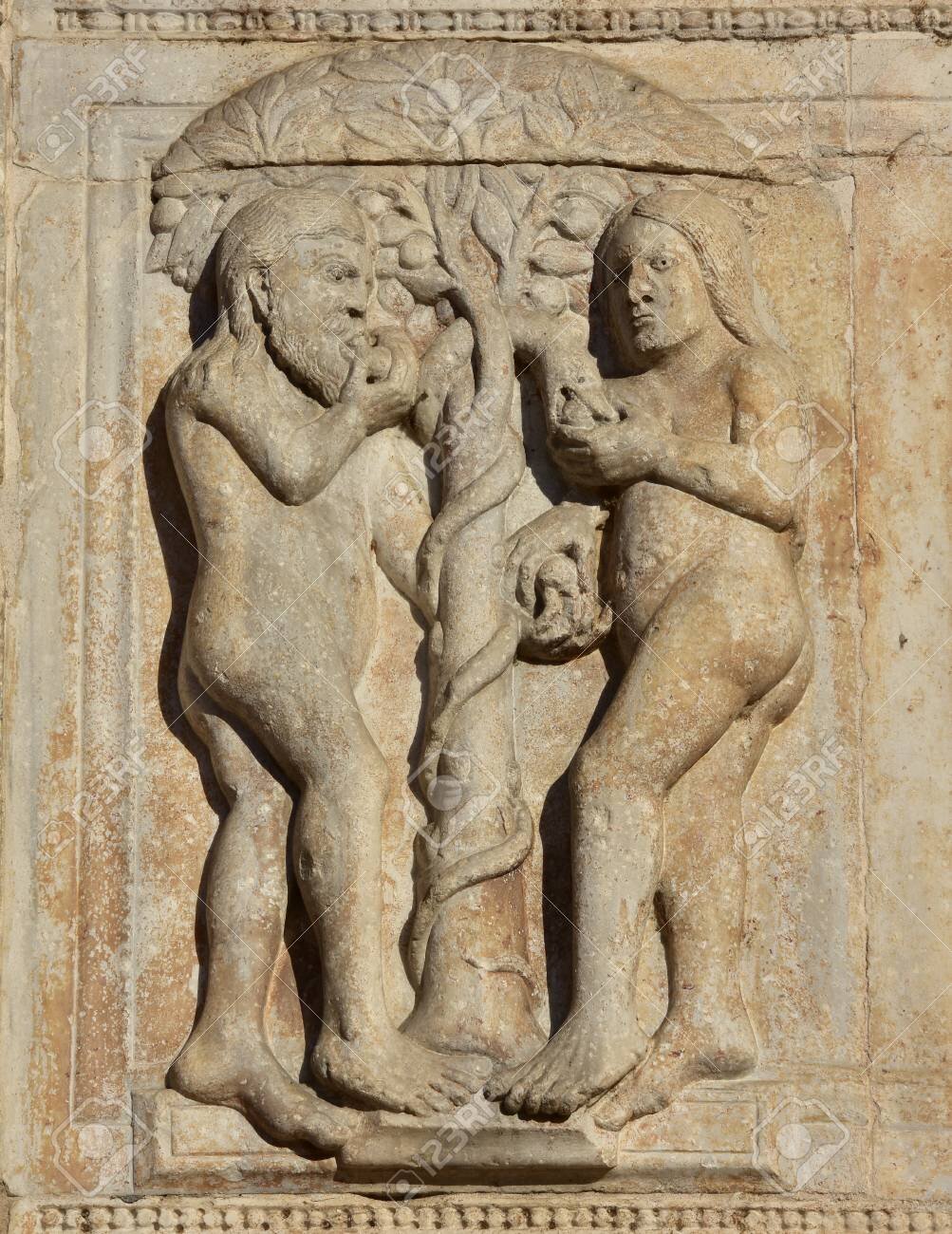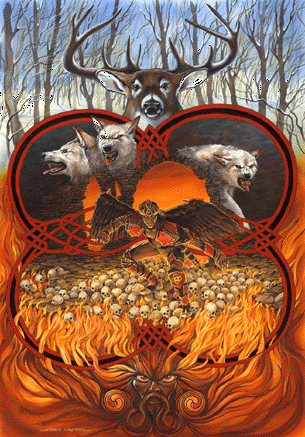A London Street in 1902. Poverty hadn’t changed much since Blake’s time
William Blake (1757-1827)
For some, Blake is the great visionary poet of the 18/19th century. He had to wait a long time until his reputation and position amongst some critics was established. He can still seem like a peripheral character who became lost in his own private mythology.
There’s an odd sense in some corners of poetry world that you have to like or admire certain poets. As much as I admire this particular poem, and it is undeniably a great poem and a fine work of social criticism, I am bored by the majority of Blake’s poetry, especially the longer works.
There was a time I thought this was a failure on my part and I would have apologised for it. Obviously the result of a lack of intelligence on my part, or a failure of critical acumen. But one of the great liberations in reading poetry comes when you realise that you don’t have to like anything.
Think music. There are fans of Wagner who don’t like Purcell, and fans of guitar based music who don’t like The Stones.
Think literature. There are educated people who see no greatness in James Joyce and readers who still think T.S.Eliot was a fraud.
Read widely, dismiss nothing at first encounter, listen to other people and their preferences, but don’t be deterred from the effort to find what love..



















